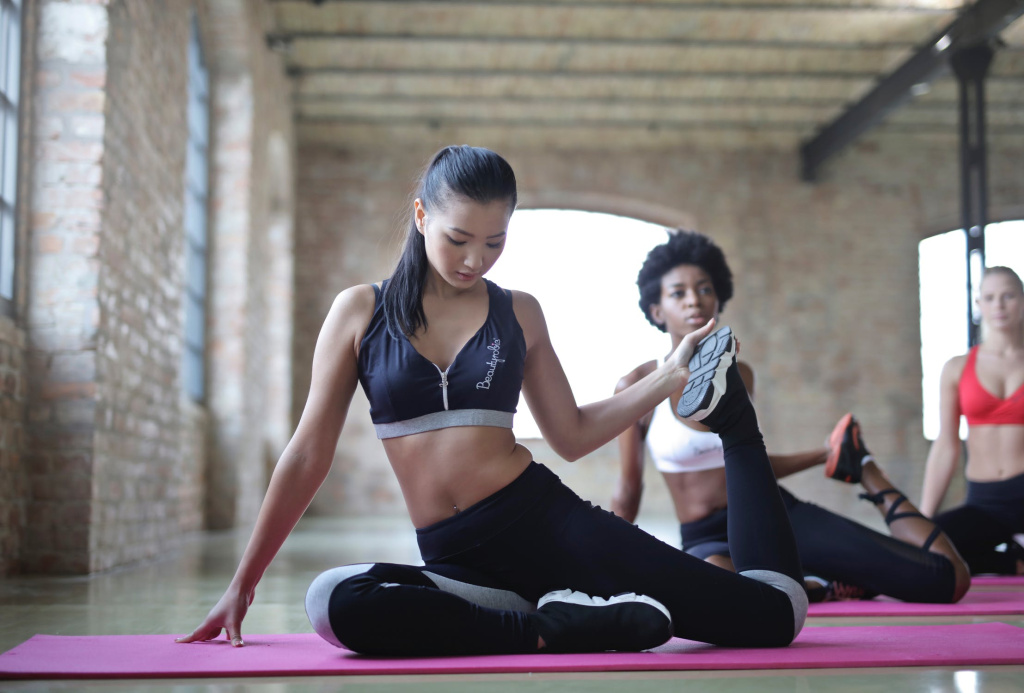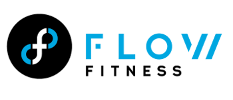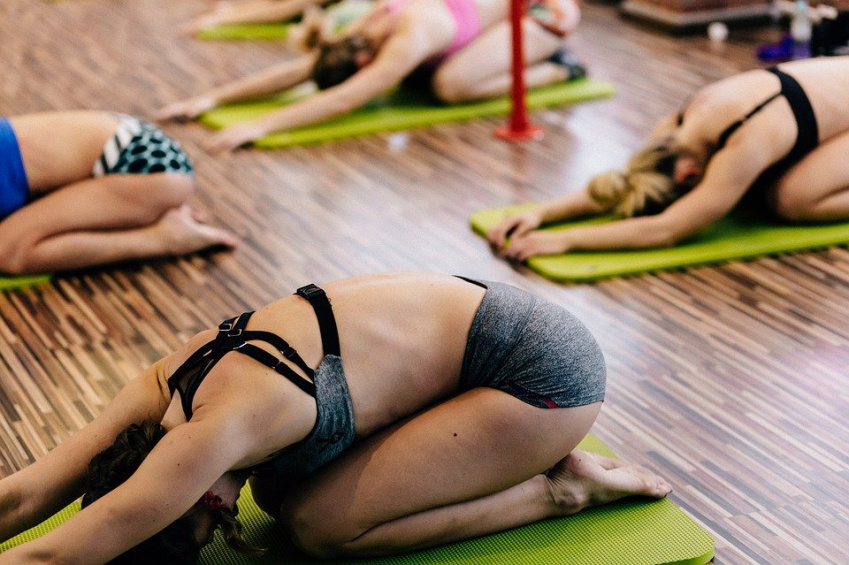The history of yoga dates back over 5,000 years, originating in India with deeply spiritual and philosophical roots. What we see as yoga today is a conglomerate of thousands of ideas, texts, and teachers and the evolution of practices from around the world. Practicing yoga has been proven to assist with flexibility, strength, balance, and mental health, with approximately 20 million Americans participating each year. It may seem like yoga styles are all basically the same, but in reality more than a hundred different schools of yoga exist. Read up on the three main yoga styles that Flow Fitness offers, and decide for yourself which one seems right for your needs.
Image via Pixabay
Yin Yoga
Founded in the 1970s by Taoist yoga teacher Paulie Zink and based off of centuries-old techniques practiced in China and Taiwan, this style has twenty main poses, but can sometimes expand to upwards of forty. Yin yoga is a slow-paced practice that encourages holding postures for five, ten, or sometimes even up to twenty minutes. These positions are most beneficial when you relax your muscles into the pose, deepening the stretch and finding your balance. Yin yoga’s main focus is calming the mind, reducing stress, and entering the mentality of focused meditation. The movements target the body’s connective tissues in order to regulate the body’s flow of energy and promote balance and flexibility. Yin yoga is oftentimes an excellent choice for athletes and other individuals with physically active lifestyles. It also is an effective way to work through anxiety, trauma, addiction, and emotional issues because of its focus on meditation and stillness.
Flow Fitness has recently added yin yoga to our Fremont studio’s weekly class offering!
Yin Yoga – Deep Stretch with Jenelle is offered weekly on Sundays from 5:30pm to 6:30 p.m.
Yoga Flow
Also known as “Vinyasa” yoga, this style is referred to as “flow” because of how smoothly the poses run together. Yoga flow classes are one of the most popular modern styles of yoga, and you can find them at almost any studio. Classes do not have set poses, giving each teacher the unique ability to personalize their practice, sometimes moving quickly through positions, and other times maintaining a slower, steadier pace. Regardless of preference, all yoga flow instructors know that this style of practice focuses on breath synchronization. Movements between positions are matched with inhalation and exhalation, making the class an almost choreographed experience. Oftentimes yoga flow sessions are held in studios heated to around 80 or 90 degrees, which is warm enough to relax muscles, increase flexibility, and provoke detoxification (but not as hot as Bikram yoga, which is usually practiced at a steamy 104 degrees). Yoga flow welcomes all levels of experience, and encourages going at your own pace and making modifications to fit your needs. Resting in child’s pose is always an option if at anytime you need a break.
Flow Fitness has several yoga flow classes at both our Fremont studio and our South Lake Union studio.

Image via Pexels
Power Yoga
This particular type of yoga was popularized in the 1990s and marked the start of yoga being perceived as a physically intense workout rather than a purely meditative practice. It was adapted from the Ashtanga school of yoga in order to be more accessible to Western students, with less rigidity in regards to poses and more of an opportunity for instructors to personalize their class. Power yoga goes through a sequence of poses dependent on the teacher, with a quick pace and rhythm between postures. Rather than focusing on stillness and meditation, it places importance on the body and movement. Power yoga is good for strength training because the number of planks and sun salutations you go through requires you to constantly be lifting and holding your own bodyweight. Studios can also be heated like a yoga flow class based on the instructor’s preference, but either way, in power yoga muscles warm up quickly, and each position helps develop strength, alignment, and flexibility.
Flow Fitness has power yoga classes available at our Fremont studio on Mondays, Wednesdays, and Fridays from 6 to 7 a.m. with Asia and Natalie.
Try out all three types and figure out your best yoga fit, but always remember to listen to your body and take time to rest. Whether you’re looking for a yoga practice that helps you destress after a long workday and calm your nerves, or wanting a more intense cardio workout, come visit the Fremont or SLU Flow Fitness center so we can help you find the class that best suits your needs.

